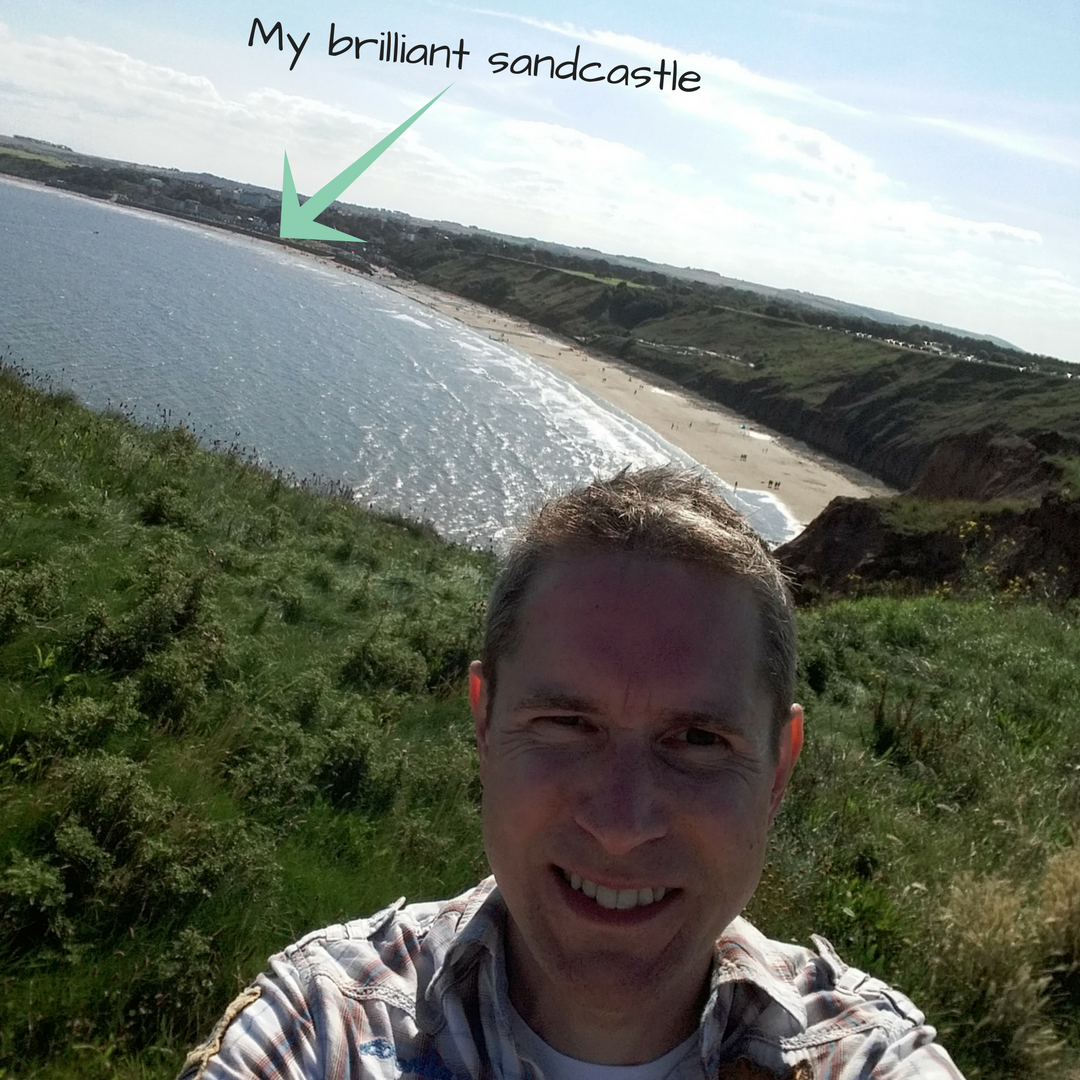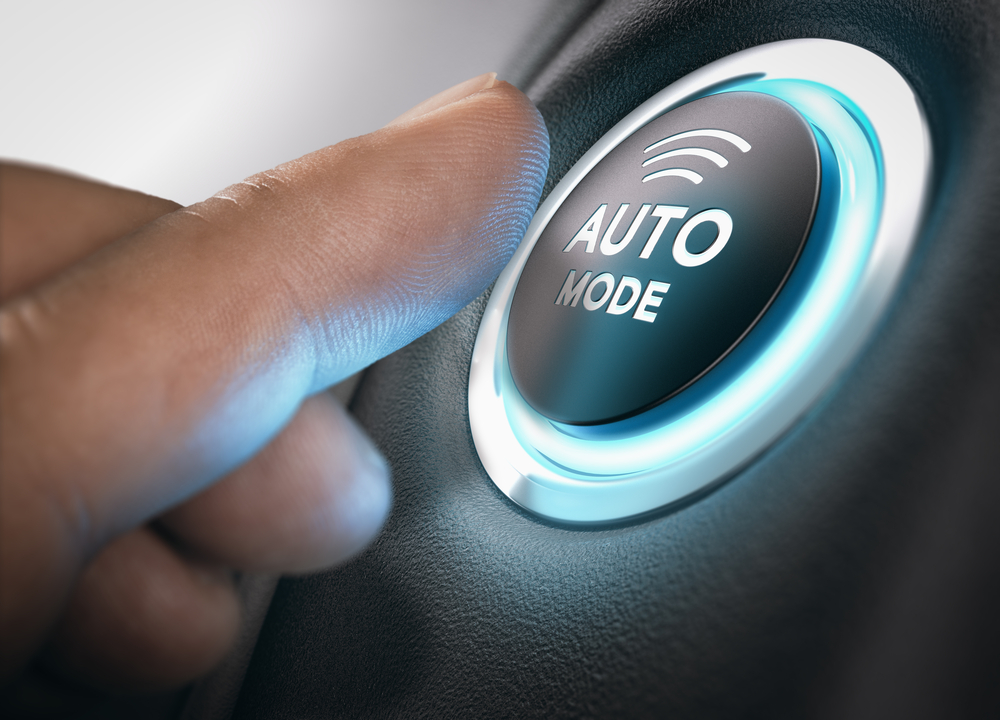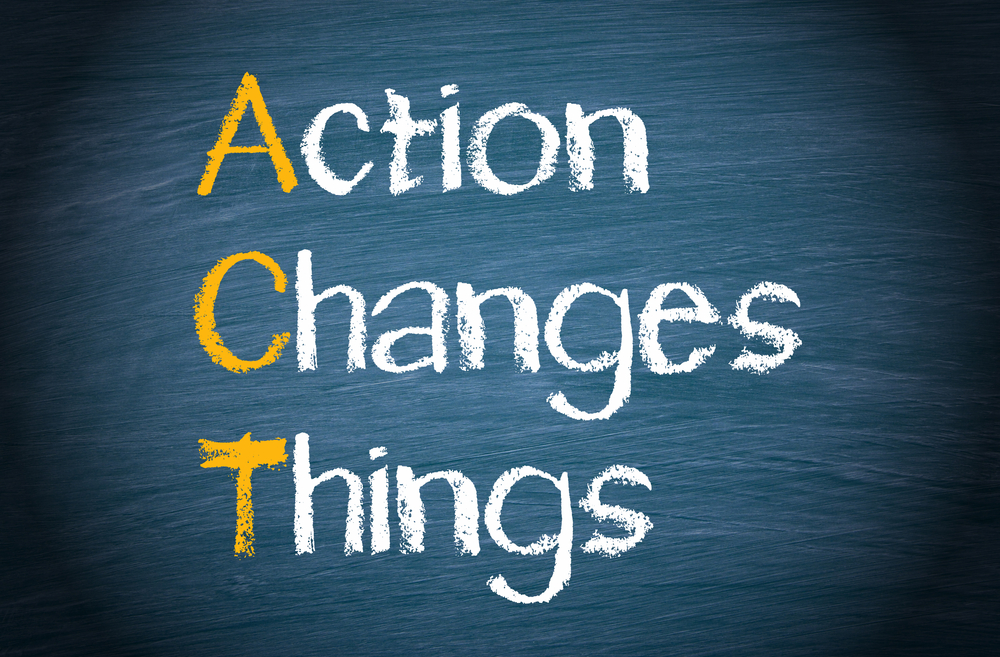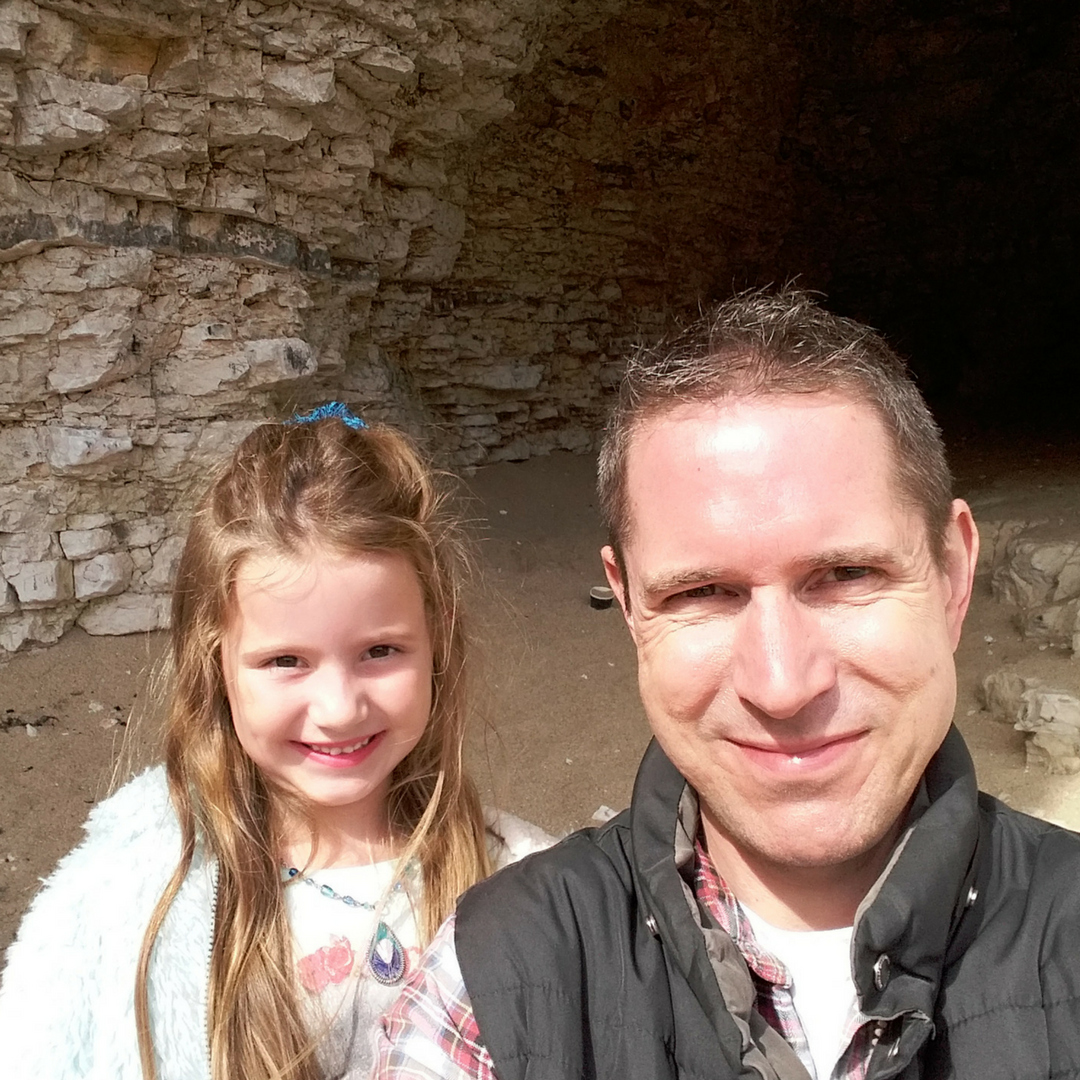Required
Are you living on autopilot?
Are you living on autopilot? Hypnotherapy in Ely and Newmarket
I’m just back from a wonderful family holiday away up on the East Yorkshire coast. I had loads of good times exploring new places, playing on the beach and just spending quality time with my kids (who never cease to challenge and amuse me in roughly equal measure!). I even found time to watch my first ever live game of rugby league (a corker of a game with the home team, Hull KR coming our on top! ‘When the red, red robin goes bob-bob-bobbing-along….’) and I’m still trying to figure out how my 6 and 9 year olds keep comprehensively beating me at the card game ‘Uno’.
One of the things I cherish most about time with my kids on holiday is how we can all just relax and go with the flow a bit. It means if we want to explore caves then we can (like in the photo below), or we can sit and try and spot the seal popping his head above the water, or it may be spending some time looking for crabs or throwing rocks into the sea.
And not to mention building the best sand castle in Filey. Yes: strangers stopped to take a picture of the majestic castle designed to hold back the advancing sea! Sadly, I was too busy building to take my own picture – and even sadder, the sea proved too strong for our triple wall and double moat defences! And to make it worse I was standing up on this hill when the sea started coming in and didn’t get back in time! But you can trust me it was an amazing sandcastle!

Anyway, enough about sandcastles, because what I’m writing about here today is living life on autopilot.
One thing I always notice on holiday, and that I often cite as an example to my clients, is how when we go on holiday we lose the familiarity of our usual home routines. Most of us when we are at home have automatic patterns that we follow, almost without question.
Like when we get up in the morning, most of us do the same things in the same order because that means we can get everything done that we need to do and get out of the house on time. Those patterns and habits crop up when we get in the car and start the engine and then, almost before we realise it, we can arrive at our destination. If you really focus on it, you can see these auto-habits in many (some would say all) aspects of our day, right down to what we do to prepare for bed and sleep.
Most of the time this works in our favour, after all who wants to have to think through every minute decision every moment of every day? It’s much easier to do the same thing on autopilot, like our morning routine, so that we don’t forget anything (like putting deodorant on…as I did once many years ago when staying away from home….urgghhh!) or when driving, who would want to have to think about what their hands and feet are doing while also trying to point the car in the right direction and change the radio station!
Yet so often our capability to run on autopilot can cause us problems.

Like the smoker who finds that the overwhelming urge to smoke crops up in all the usual places they smoke.
Or the junk food snacker who every evening finds it feels right to eat something unhealthy while watching TV.
Or the anxious person who runs worst case scenarios leading to increasing levels of anxiety before leaving the house.
Or the client with depression who every night ruminates over any and all negative aspects of their day.
Because these are just a few examples of our tendency to do the same thing in the same way in similar situations. Which is great, most of the time.
Becoming The Pilot
To take back control and become the pilot you need to start making changes.
Simple.
And it can be, if you apply some thought.
Now I bet that when you watch TV at home, you usually sit in the same seat. It feels comfortable and everything is laid out around you in a familiar and comfortable way. Yet have you ever had people round and somehow they managed to bag your usual seat so you sit in a different seat? And how weird does it feel? You’ve moved some inches, everything is still laid out in the same way. Yet it seems a bit weird and not quite as comfortable as your usual seat. Yet all that’s changed is the angle of how you are looking at the room.
That visual stimulus is different and you can’t run the same old habitual, autopilot stuff. Yet if you sat in that seat a few more times, it would quickly become a new pattern.
So you make some simple changes, it feels a bit weird for a bit and then you soon adapt to it and it becomes normal.
Just like after a couple of days of holiday when you get into a routine.
When I work with clients, like smokers for example, what they have often tried to do in past attempts to quit is to do the same things in the same way, just without smoking. Yet (in the absence of therapeutic help), they create a battle with themselves where their autopilot habits are trying to run yet they are trying to consciously not do it. And in a battle with ourselves, more often than not, that smoking habit is going to ultimately win.
The same is true with trying not to overeat or trying to not think unwanted thoughts or to push through anxiety-causing situations in the hope that eventually the anxiety won’t be there anymore.
If you just tried to do the same stuff as you’ve always done in the same way, just without one bit, it creates a vacuum. It feels like something is missing.
But when you decide to do things differently (like sitting in that other chair), you don’t have anything missing; there is no gap because there is no autopilot.

Recently I was working with a smoker who always sat in the same seat at home and drank a cup of tea when he smoked. Just by moving to sitting somewhere else and drinking coffee he was able to cut his overall habit by about 25%. Or there’s the poor sleeper who switched from watching box-sets on their ipad in bed at night to listening to my Rapid Relaxation audio and started sleeping better. Or the comfort eater who started knitting again in front of the TV instead of snacking. Or the anxiety person who, at the end of the day spent a few minutes going over what went well that day instead of what went badly.
So it doesn’t have to be too complex here does it?
As long as you have a desire to change it.
You just notice what you are doing and how you are doing it right now. You change it a bit (what you are doing, how you are doing, the order in which you do it, where you are doing etc.). You notice the difference.
If the first change doesn’t yield the results you want, make more other changes.
Now this may not lead to everything in all areas of your life slotting into place perfectly. But it certainly starts to mean that you take more responsibility and more control for how you live your life.
And that can only be a good thing, right?
To your success
Dan Regan
Hypnotherapy Ely and Newmarket
Struggling with anxiety, stress, worry and fear and need some help? Find out how I can help with a Complimentary Hypnotherapy Strategy Session. Learn more here: Appointments
Find out what dozens of other people have said after their hypnotherapy sessions with Dan: Hypnotherapy Testimonials
And check out these powerful hypnosis downloads that can start helping you right away with anxiety, confidence and more: Hypnosis Downloads
Get Your Copy Right Now…
Subscribe to Dan’s Digest filled with tips, strategies and techniques and get instant access to your free rapid relaxation hypnosis audio track.
Enjoy feeling and being more mentally calm and physically relaxed right now:





0 Comments